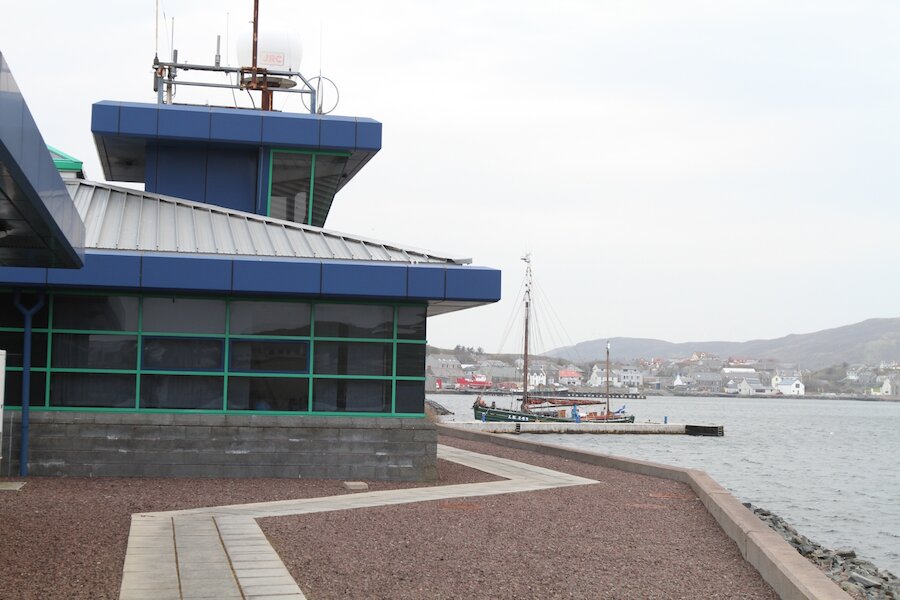There are two cadetship paths available: Deck Officer Cadet training and Engineer Officer Cadet training. Both involve classroom work and sea time. A key aspect of this training is that each cadet is employed by a shipping company that will pay all expenses and a training allowance.
So, what would a cadet expect, once enrolled in their training, or thereafter? For some, it is a lifelong dream come true, travelling the globe, visiting foreign lands and choices between freight transport, cruise liners or even exclusive luxury yachts (upon which there are currently several former Scalloway-trained cadets serving). For others, it can be a solid career closer to home, on inter-island ferries, port control or oil support vessels that are often operating around Shetland’s coast.
Though a career at sea may be stereotyped as a male domain, there is a strong female representation in current and past cadet programmes. Female Deck Officer Cadet Lynsey says she wasn’t put-off by the perception of a male-dominated role. She said: "I was surprised at how many women there are working at sea”.
Lynsey works on emergency rescue and response vessels in the North Sea, which serve a vital role in supporting the offshore oil industry. Lynsey describes her career choice as “by far the best decision that I have made in my life and I have no regrets.” She also offers this advice to aspiring seafarers: “Being away from home for long periods can be difficult, so I think you need to be sure it is what you want to do.”
Engineer Officer Cadet, Bryden, decided aged 13 that he wanted to pursue a career at sea. He heard of the cadet programme from a friend and was immediately sold on the idea. He joined his first ship aged 17, in Galveston, Texas. By the time he was 19 he had been around the world and ashore in five countries.
Another proud student story comes from James Black, who recalls writing a school report aged 12 about the Panama Canal, and then as an Engineer Officer Cadet finding himself sailing through it on his vessel Global Prime –seeing and experiencing a world only imagined in earlier years. James made a time-lapse videoof this passage, a fascinating insight to share.
You can find out more about the individual experiences of cadets by visiting the NAFC Marine Centre’s dedicated web page

